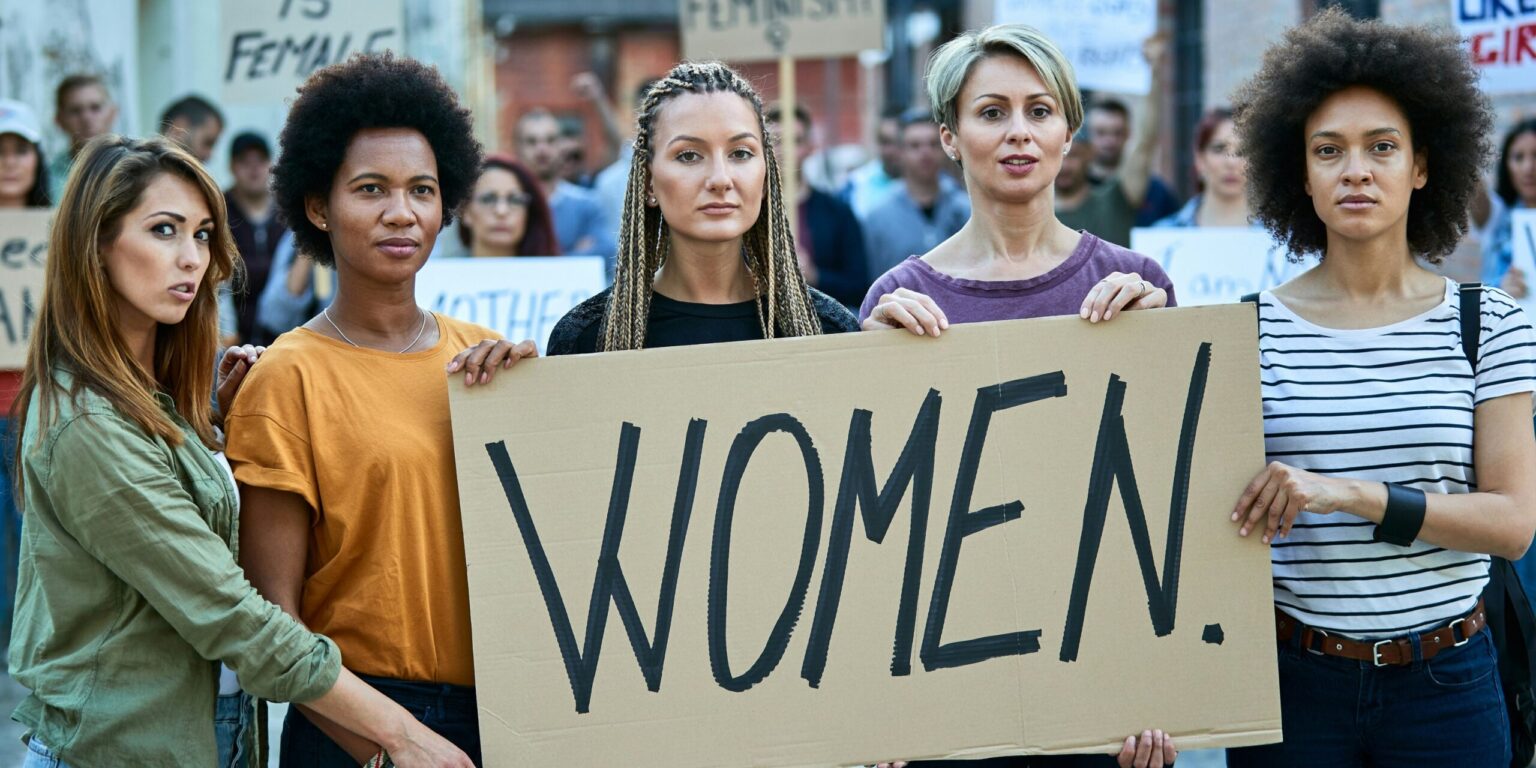Nationwide rallies highlight reproductive rights, maternal care disparities, and urgent call for systemic reform
By Chloe Ramirez, Senior Correspondent
May 28, 2025 – In cities across the United States, thousands of women are coming together today to mark the International Day of Action for Women’s Health, a global observance emphasizing the right to sexual and reproductive health as a fundamental human right.
From the bustling streets of New York to the sun-drenched avenues of Los Angeles and the heartland activism in Chicago, a growing chorus of voices is calling for equitable healthcare access, education, and legal protections for all women, regardless of geography, income, or background.
A Coast-to-Coast Movement
The annual event, held every May 28, has gained momentum in recent years amid rising awareness of maternal health disparities, renewed battles over reproductive rights, and the broader push for gender equality in healthcare.
“This day serves as a reminder that women’s health is not a privilege but a right,” said Dr. Maria Lopez, a renowned women’s health advocate based in Chicago. “We must continue to fight for policies that ensure all women have access to the care they need.”
Across the nation, activists are leading forums and marches, focusing on key issues such as access to contraception, maternal mortality, menstrual health equity, and legislative reforms. Cities like Austin, Seattle, and Philadelphia have seen surges in community-organized events, with high school students, healthcare workers, and local leaders participating side-by-side.
The Stark Reality of Women’s Health Gaps
Despite technological and policy advances, the United States still records one of the highest maternal mortality rates among developed nations. According to the Centers for Disease Control and Prevention (CDC), Black women are nearly three times more likely to die from pregnancy-related causes than white women, a stark indicator of deep-rooted racial inequities in the healthcare system.
“These statistics aren’t just numbers—they’re lives lost due to preventable causes,” noted Dr. Ayesha Green, a public health researcher at Johns Hopkins University. “We need urgent structural changes, not just one-off programs.”
Additionally, recent shifts in reproductive legislation have led to heightened restrictions on abortion and contraception services in multiple states. In Texas, for example, laws enacted in 2024 have limited access to abortion services even in cases involving fetal anomalies or severe maternal risk, sparking widespread protests and legal challenges.
Empowerment Through Education
A cornerstone of today’s activities is education. Nonprofits and advocacy groups like Women’s Health Now, SisterSong, and Planned Parenthood are hosting a series of virtual seminars, community panels, and healthcare pop-ups to disseminate critical information.
“Empowerment begins with education,” said Angela Kim, director of Women’s Health Now. “By informing women of their rights and options, we enable them to make informed decisions about their health.”
Workshops range from navigating Medicaid enrollment to understanding mental health support systems, while some organizations are distributing free contraception and menstrual hygiene products.
Digital Advocacy and Gen Z Activism
With the digital age in full swing, younger generations are leveraging platforms like TikTok, Instagram, and Twitter to spread awareness and mobilize peers.
“Activism looks different today,” said Lana Rodriguez, a 19-year-old university student and co-founder of the online initiative Health For Her. “We’re using reels, memes, and livestreams to break down complex health issues and get people involved.”
Online campaigns bearing hashtags like #HealthIsARight, #SRHRNow, and #May28ForWomen are trending nationally, helping amplify voices and coordinate offline actions.
Collaborative Push for Policy Change
In tandem with grassroots mobilization, there’s an intensifying push at the policy level. Advocates are calling on lawmakers to pass legislation that:
-
Expands Medicaid postpartum coverage to 12 months nationwide
-
Codifies access to abortion and contraception at the federal level
-
Increases funding for maternal health programs targeting marginalized communities
-
Mandates comprehensive sex education in public schools
“We envision a future where every woman has access to comprehensive, affordable, and respectful healthcare,” reiterated Dr. Lopez. “Achieving this requires commitment and action from all sectors of society.”
Global Solidarity with Local Roots
Although May 28 is recognized internationally, the U.S. iteration of the observance uniquely reflects ongoing domestic struggles—especially in states where reproductive rights are under siege.
In Mississippi, where healthcare deserts and strict abortion bans converge, volunteers are organizing mobile clinics to offer prenatal care, mental health counseling, and STI screenings.
“It’s about showing up where women are most vulnerable,” said Jasmine Fields, a nurse practitioner and community organizer. “We’re here to say: you matter, your health matters.”
Looking Forward
The International Day of Action for Women’s Health is a rallying point—but advocates stress it must not be a one-day effort.
“Our health can’t be a footnote,” said Kim. “We need sustained attention, funding, and leadership.”
As the day winds down with candlelight vigils, spoken word performances, and community dinners, the message echoes from every corner of the country: women’s health is human health, and dignity in care is non-negotiable.
